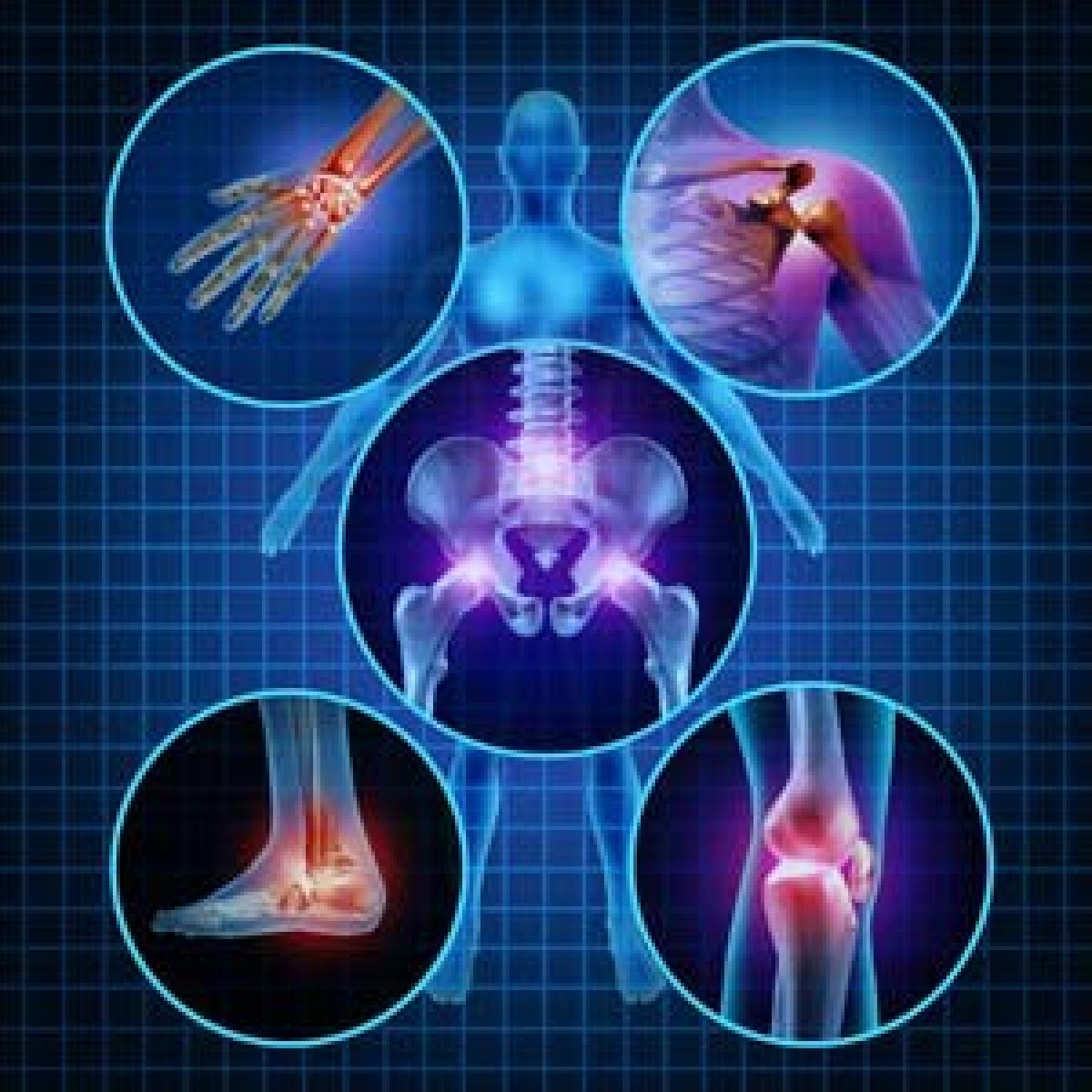Premature birth may up osteoporosis risk in adulthood

Babies born prematurely are at an increased risk of having brittle bones in adulthood, says a new study adding that low birth weight may also raise the risk of osteoporosis.
Babies born prematurely are at an increased risk of having brittle bones in adulthood, says a new study adding that low birth weight may also raise the risk of osteoporosis. Osteoporosis is a condition in which bones become weak and brittle. During the last few weeks of pregnancy, the mother's body transfers calcium to the growing foetus to boost its bone development.
But, when a baby is born premature, this transfer gets interrupted resulting in weaker bones in later life. The findings showed that adults those who were born prematurely have lower peak bone mass a major determinant of future osteoporosis compared to those who were born in full term.
However, adults who were born small for their gestational age at term also had lower bone mass than adults who were born with normal weight at term. "Our study shows that both those born prematurely with a very low birth weight and those who were born full term, but small for their gestational age, had lower bone mass than the control group, who were born full term with normal weights," said lead author Chandima Balasuriya, doctoral candidate at the Norwegian University of Science and Technology (NTNU).
For the study, the team included at 186 adults who were aged between 26-28 years. Fifty-two of the participants were very low birth weight babies, with a mean birth weight of 1.2 kg and a mean gestational age of 29 weeks. Fifty-nine participants had full term births, but they were "small for gestational age" with a mean birth weight of just under 3 kg.
The researchers also had a control group of 77 adults who were born at full term with normal weight. For all three groups, bone mineral content and density in the spine, neck, hip and the whole body as well as their current height and weight, smoking, level of physical activity was also measured.
"Consuming a diet rich in calcium, vitamin D and protein, in combination with exercise that involves weight-bearing physical activities may help children with low birth weights to reduce the risk of bone fractures later in life," Balasuriya noted. The results were presented recently at the 2016 European Congress of Endocrinology in Munich.










